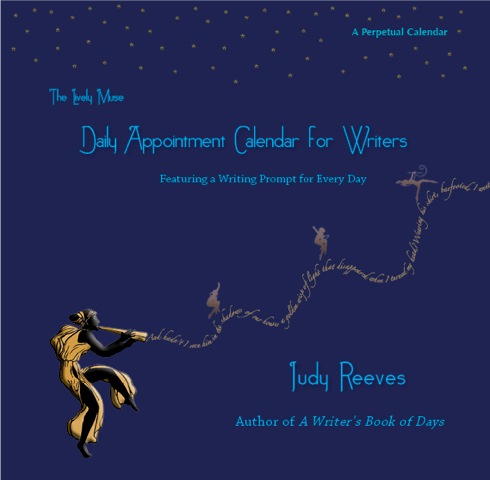#8—Embrace language
 Language is more than words. It is music and rhythm, sound, and rhyme, texture and layers. Language is art and graffiti, attitude and place, geography and history. Language is family and what you heard at the kitchen table and on the back porch and hollered up from the stairs on a Saturday morning. Language is what you do with words and it is the silence between the words.
Language is more than words. It is music and rhythm, sound, and rhyme, texture and layers. Language is art and graffiti, attitude and place, geography and history. Language is family and what you heard at the kitchen table and on the back porch and hollered up from the stairs on a Saturday morning. Language is what you do with words and it is the silence between the words.
“Language alone protects us from the scariness of things with no name,” said Toni Morrison.
Savor it. Roll vowels around in your mouth and hold consonants between your teeth. Place metaphors beneath your tongue.
Go for the figurative. Be poetic. Find the fresh way to describe something. Use at least one surprising word in every sentence. Read poetry beneath a full moon, in your car while you’re stuck in traffic, to your pillow before you go to sleep. Say words out loud because you love the sound of them. Keep a bowl of words on your writing table. Snack food.
Write 25 words for rain, 15 for wind, 33 for love and 6 for the way new grass feels under your bare feet. Write 11 words for feet.
Weed out clichés and word packages. What’s a cliché? My teacher told me, “If you’ve heard it, read it, or used it before… it’s cliché.” What’s a word package? A phrase that’s too familiar, too overused, not exactly a cliché, but close enough to to call family. Make it fresher.
Study authors you love to read and whose language resonates with you. Copy passages into your notebook so you sense the physicality of their language. When you come upon phrases that make you catch your breath, write them down. Use them as prompts for your writing practice.
Use the language of your fears, give voice to your terrors, call them up in the night and name them. Do this too with your joys and your pleasures. Write in the language of your prayers.
“Language is the only homeland,” said Czeslaw Milosz.
Know this: You will spend your whole writing life creating the language with which to tell your stories.
When was the last time language stopped you in your tracks? Whose use of language do you admire?
(A Writer’s Book of Days has more to say about words and language.)


